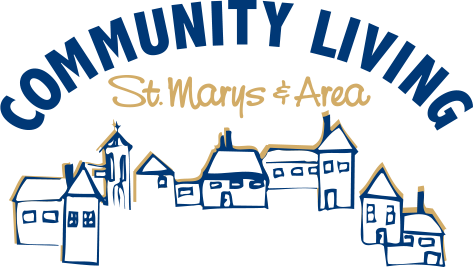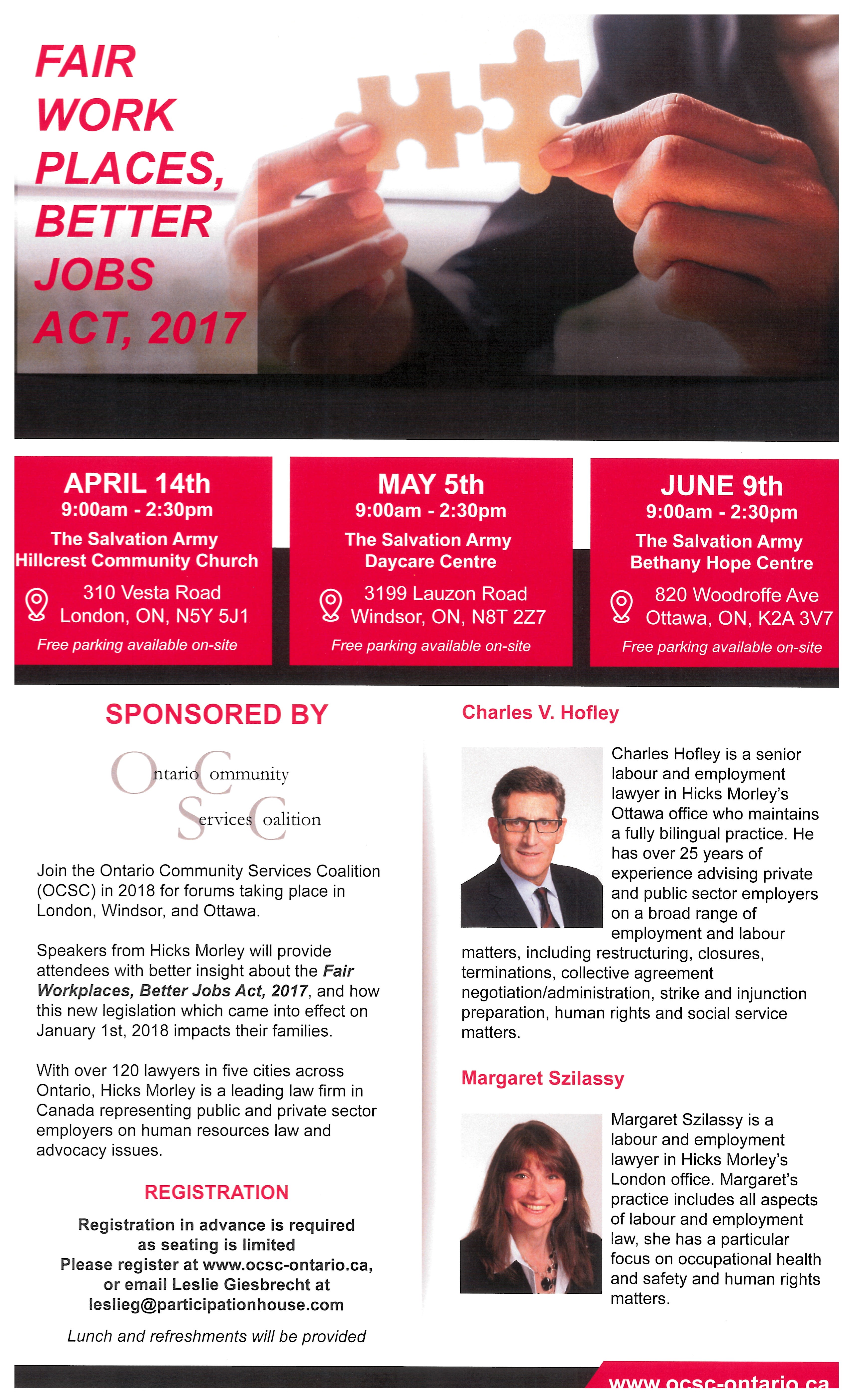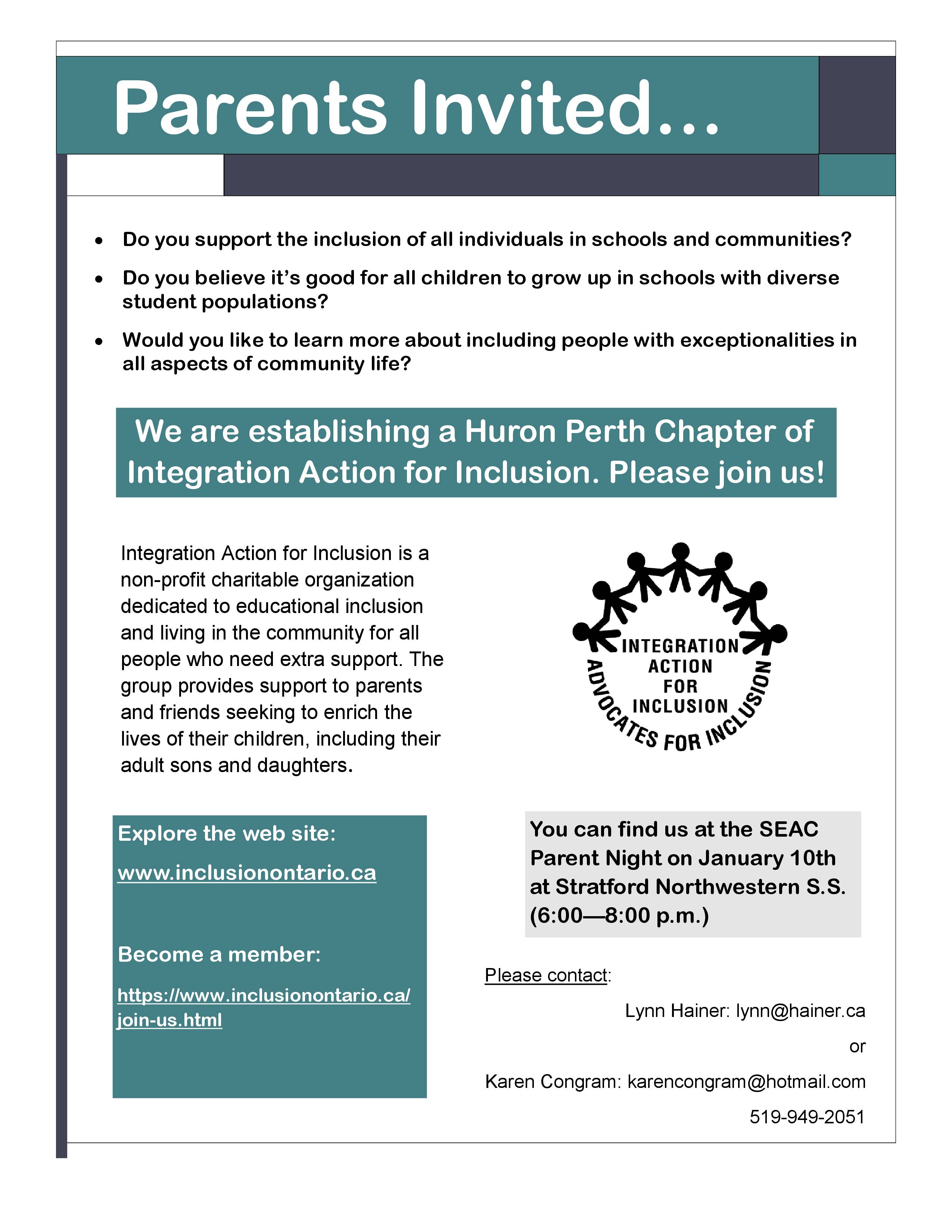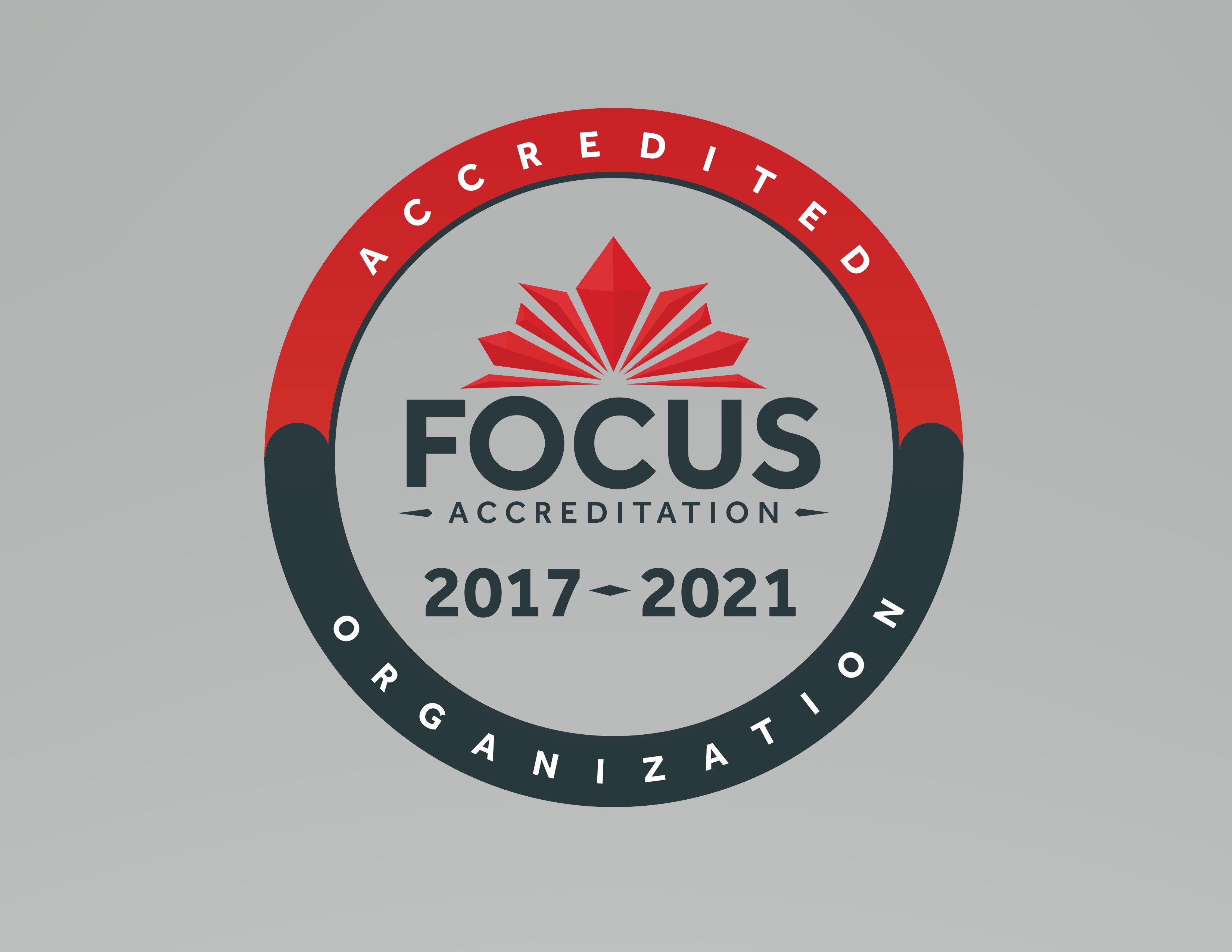Posted on: May 4th, 2018 by Community Living St. Marys
In mid-March, John O’Brien spent a week with us in St.Marys. John has visited our community several times in the last thirty years. The purpose of his visit was to provide an opportunity for reflection, a deeper look at our principles and how we move toward our vision and mission. By hosting nine gatherings during the week, John had the opportunity to meet with about 90 people connected to Community Living St.Marys and Area. If you participated in one of the group meetings, thank you!
Please see the attached report Living Our Principles To Build A Community Where Everyone Belongs (John O’Brien).
Your thoughts, opinions and ideas matter. The Board of Directors and members of the Quality Assurance Committee will be forming a small ad-hoc committee to assist in the next steps in developing a strategic plan to guide our work for the coming five years. Employees are always welcome to participate, please contact us if you are interested.
OBrien Report 2018
Posted on: November 6th, 2017 by Community Living St. Marys

Create A Smile Foundation
In partnership with
Community Living St. Marys and Area
Thank you for your very generous support! Because of you and the Create A Smile Foundation, Community Living St. Marys and Area has raised over $16,500.00 pledged dollars.
2017 Walkathon Sponsor Listing
Your support furthers our Vision of “A community where everyone belongs” and our Mission “To nurture the ability and willingness in our community to welcome and support all people as valued and contributing citizens.”
The money raised will pay for things that enhance the lives of people with disabilities, their families and the communities they live in. This includes essential items not covered by government funding, some mobility and communication devices, summer supports for a number of young people, People First and accessibility equipment needed in our community. This year the focus will be on increasing obtainable housing in our communities.
Your support will improve the lives of people with disabilities. Thank you!
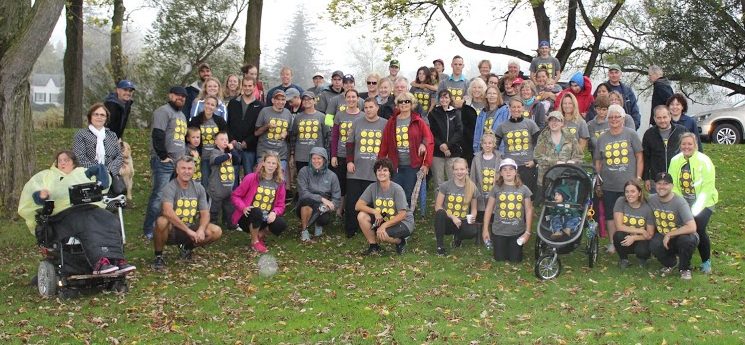
Posted on: November 17th, 2016 by Community Living St. Marys
The Ministry of Community and Social Services’ (MCSS) ReportON Direct Reporting Service has been publically launched as of Wednesday, November 16, 2016.
The Government of Ontario is expanding ReportON, a new service for reporting suspected or witnessed abuse of adults with developmental disabilities. The 24/7phone line and email service is the latest step taken by the Ministry of Community and Social Services to further improve the safety of adults with developmental disabilities.
Abuse is often hard to identify. Examples can include being denied basic necessities like food, shelter, clothing or medicine. Even if you are unsure, but suspect abuse or neglect of an adult with a developmental disability, you should contact ReportON. Each call will be investigated and the appropriate action will be taken.
People can access ReportON by calling 1-800-575-2222 or emailing reportONdisability@ontario.ca. For text telephone (TTY): 416-916-0549 or Toll Free 1-844-309-1025.
For further details, please click the link:
https://news.ontario.ca/mcss/en/2016/11/ontario-helping-protect-people-with-developmental-disabilities.html
Posted on: August 30th, 2016 by Community Living St. Marys
 A Smiths Falls, Ont. mother is celebrating after reaching a human rights settlement with the Ontario government to keep her adult son, who has Down syndrome, living independently after they were told he’d have to move to a long-term care facility.
A Smiths Falls, Ont. mother is celebrating after reaching a human rights settlement with the Ontario government to keep her adult son, who has Down syndrome, living independently after they were told he’d have to move to a long-term care facility.
Audrey Cole’s 52-year-old son Ian is non-verbal and lives in Rideau Lakes Township, where a support worker involved with the local Community Care Access Centre checks in on him.
For all of her life, Cole has been determined to keep him living in the community instead of an institution.
“People have to know [Ian] very well to understand his ways of making himself known. He has no speech,” she told CBC’s All in a Day. “He’s always had that level of care. That’s how he’s survives. That’s how he’s such the great guy that he is.”
But a few years ago Ian Cole developed a bladder condition and lost the nerve in his bladder. Unable to tell when he has to urinate, he now relies on a catheter.
His mother said it got to the point where his catheter needed to be checked five times a day.
However, at that time, Ontario’s home care regulatory cap was set at four nursing visits per day. Audrey Cole said the local Community Care Access Centre told her that Ian would have to move into a long-term care facility.
Human rights complaint
Unsatisfied, Cole decided to file a complaint with the Ontario Human Rights Tribunal in 2012 on behalf of Ian. In the meantime, she hired a private nurse for about $1,400-$1,500 per month to tend to Ian’s catheter.
“It was a very expensive process. One that I couldn’t afford, frankly, if hadn’t been for the kindness of other people,” said Cole.
Her lawyer, David Baker, argued it was discriminatory to place someone at unnecessary risk of institutionalization.
“The government would provide him with medical necessary nursing services if he was institutionalized, and the failure to provide those services in the community is discriminatory,” he argued.
In October of last year, the Ontario government changed its home care regulations and increased the cap on nursing visits from four to five per day.
“It listened, obviously, and I think it recognized that there was something wrong here that could be very wrong for people,” Cole said.
CCACs given more discretion
The province moved to have Cole’s case dismissed, but the Human Rights Tribunal of Ontario rejected the request because of the three years Cole spent paying for private nursing when Ian was subject to the old cap.
On Tuesday, Cole and the Ontario government entered an agreement. Most of the details are confidential, but Cole said the most important one is that her son can stay in his own home.
Under the agreement, the Department of Health will recommend that CCACs be given the discretion to exceed all caps on nursing services for persons with “complex care needs.”
“Ian is not the only person in Ontario who has similar problems,” Cole said. “Everybody now is entitled to five nursing visits, not limited to four … That should help a lot of people.”
In a statement, Health and Long-Term Care Minister Eric Hoskins said that the Ontario government had “heard clearly from Ontarians that we need to take additional steps to improve the quality and consistency of the care that patients receive.”
The government “continues to focus on investments in the community and home care sector to keep people in their homes for as long as possible, where they want to be,” Hoskins said, noting that funding for home and community care had increased by $250 million in 2016 and that there had been a recent $100 million investment in home care that would add “an additional 1.3 million hours of personal support to patients.”
CBC
